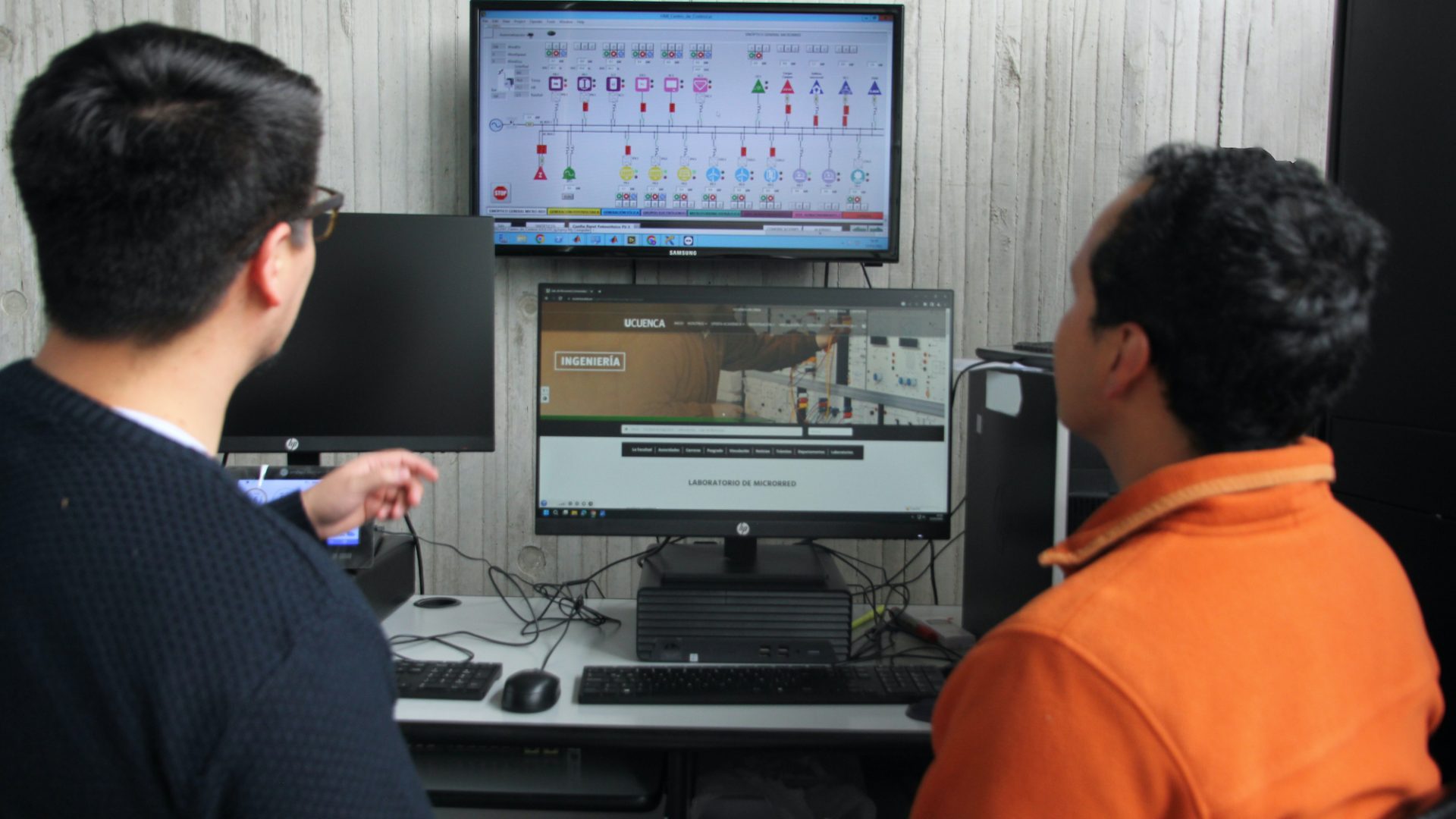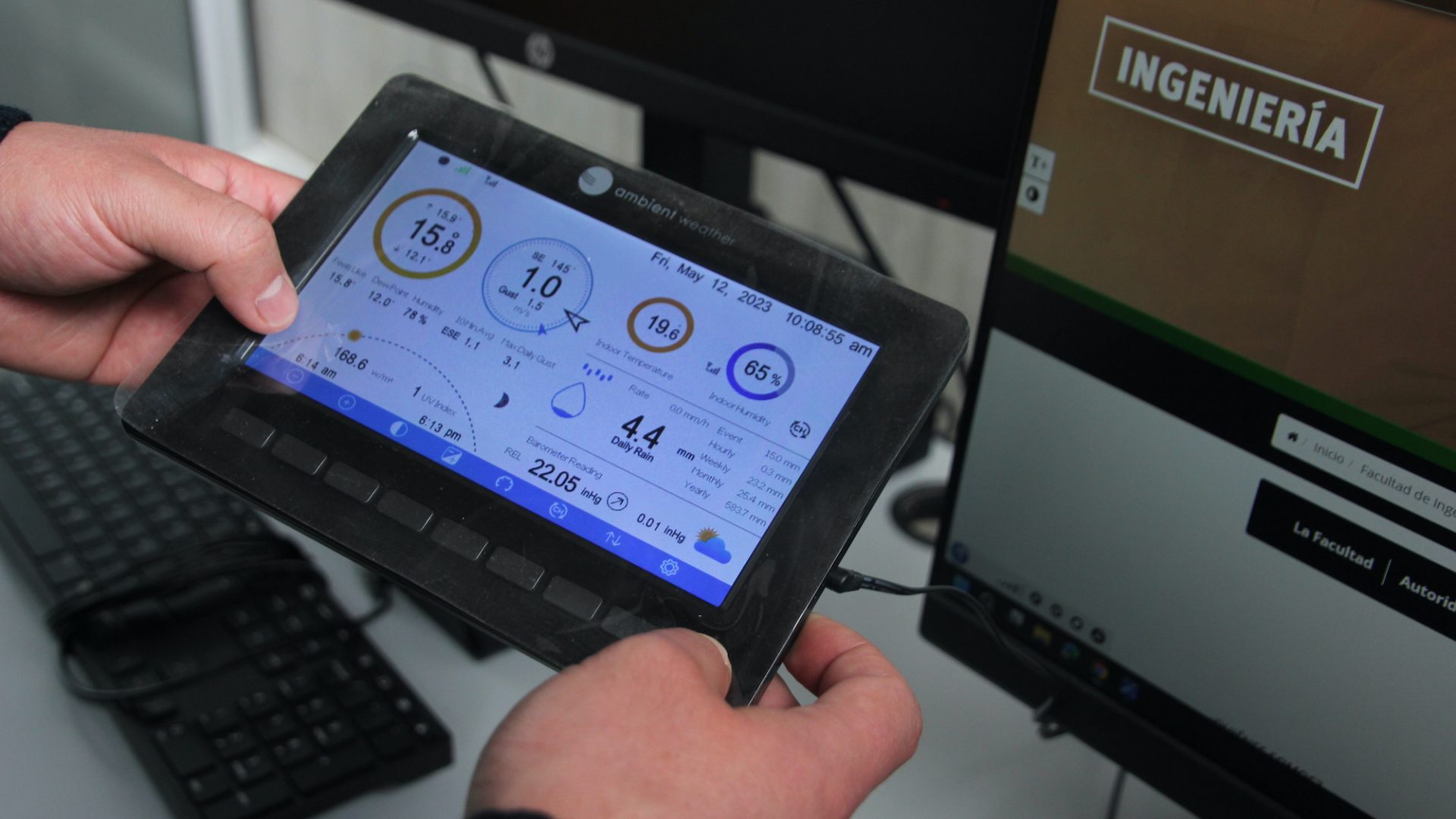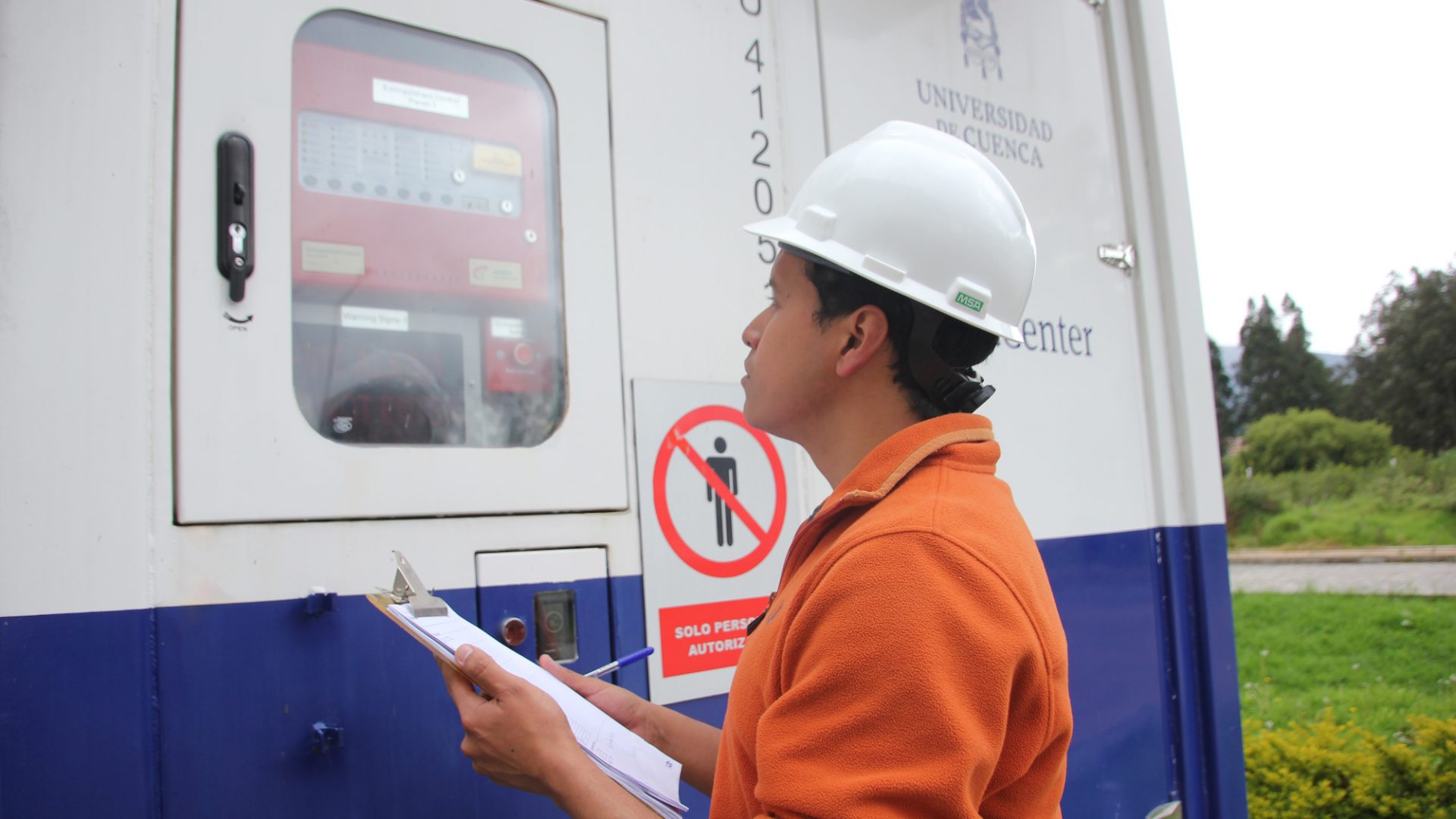Description
This program trains professionals with skills to solve problems in information and communication technologies, through the design and evaluation of models in telecommunication systems and networks, using methodological tools and basic sciences.
We offer a solid foundation in basic sciences, integrating theory and practice across various areas such as digital communications, computer networks, radio communications, and fiber optic networks. We focus on training professionals in scientific research and engineering, combining skills in
multidisciplinary approaches to continuously improve telecommunications services and networks. We work closely with telecommunications operators, which allows us to stay updated on advancements in the country and provide professional practice opportunities in operations.
General Information
| Degree Awarded: | Telecommunications Engineer |
| Level: | Third Level |
| Duration: | 10 semesters // 5 years |
| Mode of Study: | In-person |
| English Proficiency Requirement: | B1 // 10th semester |
Professional Profile
Upon completing their training, graduates will be able to:
- Design and implement telecommunications networks.
- Design mobile applications.
- Conduct studies for regulatory approval.
- Design solutions for other disciplines.
- Conduct scientific research.
Field of occupation
- Telecommunications consulting.
- Telecommunications network operator
- Research in the relevant area
- Telecommunications network design
- Telecommunications network security
Curriculum Guide
Level 01
DISCRETE MATHEMATICS
INTRODUCTION TO ENGINEERING
LANGUAGE AND TECHNICAL COMMUNICATION
LINEAR ALGEBRA
SINGLE VARIABLE CALCULUS
Level 02
ELECTRICITY AND MAGNETISM
GENERAL PHYSICS
MULTIVARIATE CALCULUS
PROGRAMMING APPLIED TO ELECTRONICS AND TELECOMMUNICATIONS
RESEARCH METHODOLOGY
Level 03
CIRCUITS THEORY
COMPUTER TOOLS FOR ENGINEERING
DIFERENTIAL EQUATIONS
NUMERICAL METHODS
OPERATING SYSTEMS
Level 04
ANALOG ELECTRONICS
APPLIED MATHEMATICS : IT
ELECTROMAGNETIC THEORY I
MODERN PHYSICS
PROBABILITY AND STATISTICS : IT
Level 05
COMMUNITY SERVICE PRACTICES I
COMPUTER NETWORKS
DIGITAL ELECTRONICS
ELECTROMAGNETIC THEORY II
LINEAR SYSTEMS AND SIGNALS
OPERATIONS RESEARCH
Level 06
COMMUNITY SERVICE PRACTICES II
MICROPROCESSORS, MICROCONTROLLERS, AND EMBEDDED SYSTEMS
MODERN CONTROL THEORY
RADIO FREQUENCY CIRCUITS
STOCHASTIC SYSTEMS AND PROCESSES
VHDL PROGRAMMING
Level 07
ANTENNA THEORY AND WAVE PROPAGATION
COMMUNICATIONS SYSTEMS
DIGITAL SIGNAL PROCESSING
ENTREPRENEURSHIP AND INNOVATION
NETWORK SECURITY
OPTICAL COMMUNICATIONS
Level 08
DIGITAL COMMUNICATIONS
DIGITAL CONTROL
INFORMATION THEORY AND CODING
TELECOMMUNICATIONS NETWORKS
TELECOMMUNICATIONS PROJECTS PLANNING AND MANAGEMENT
WIRELESS NETWORKS
Level 09
CURRICULAR CAPSTONE COURSE I
ELECTIVE I – INDUSTRIAL NETWORKS
ELECTIVE II – SUPERVISION AND CONTROL SYSTEMS
ENVIRONMENTAL MANAGEMENT IN TELECOMMUNICATIONS
MOBILE COMMUNICATIONS
PRE-PROFESSIONAL PRACTICES I
Level 10
CURRICULAR CAPSTONE COURSE II
ELECTIVE III – ADVANCED INDUSTRIAL CONTROL
ELECTIVE IV – INDUSTRIAL NETWORK PROJECT
TELECOMMUNICATIONS PROJECTS PLANNING AND MANAGEMENT
TELECOMMUNICATIONS REGULATION
Level 01
DISCRETE MATHEMATICS
INTRODUCTION TO ENGINEERING
LANGUAGE AND TECHNICAL COMMUNICATION
LINEAR ALGEBRA
SINGLE VARIABLE CALCULUS
Level 02
ELECTRICITY AND MAGNETISM
GENERAL PHYSICS
MULTIVARIATE CALCULUS
PROGRAMMING APPLIED TO ELECTRONICS AND TELECOMMUNICATIONS
RESEARCH METHODOLOGY
Level 03
CIRCUITS THEORY
COMPUTER TOOLS FOR ENGINEERING
DIFERENTIAL EQUATIONS
NUMERICAL METHODS
OPERATING SYSTEMS
Level 04
ANALOG ELECTRONICS
APPLIED MATHEMATICS : IT
ELECTROMAGNETIC THEORY I
MODERN PHYSICS
PROBABILITY AND STATISTICS : IT
Level 05
COMMUNITY SERVICE PRACTICES I
COMPUTER NETWORKS
DIGITAL ELECTRONICS
ELECTROMAGNETIC THEORY II
LINEAR SYSTEMS AND SIGNALS
OPERATIONS RESEARCH
Level 06
COMMUNITY SERVICE PRACTICES II
MICROPROCESSORS, MICROCONTROLLERS, AND EMBEDDED SYSTEMS
MODERN CONTROL THEORY
RADIO FREQUENCY CIRCUITS
STOCHASTIC SYSTEMS AND PROCESSES
VHDL PROGRAMMING
Level 07
ANTENNA THEORY AND WAVE PROPAGATION
COMMUNICATIONS SYSTEMS
DIGITAL SIGNAL PROCESSING
ENTREPRENEURSHIP AND INNOVATION
NETWORK SECURITY
OPTICAL COMMUNICATIONS
Level 08
DIGITAL COMMUNICATIONS
DIGITAL CONTROL
INFORMATION THEORY AND CODING
TELECOMMUNICATIONS NETWORKS
TELECOMMUNICATIONS PROJECTS PLANNING AND MANAGEMENT
WIRELESS NETWORKS
Level 09
CURRICULAR CAPSTONE COURSE I
ELECTIVE I – MULTIMEDIA COMMUNICATIONS
ELECTIVE II – WIRELESS SENSOR NETWORKS
ENVIRONMENTAL MANAGEMENT IN TELECOMMUNICATIONS
MOBILE COMMUNICATIONS
PRE-PROFESSIONAL PRACTICES I
Level 10
CURRICULAR CAPSTONE COURSE II
ELECTIVE III – VEHICULAR AND HETEROGENEOUS NETWORKS
ELECTIVE IV – WIRELESS NETWORK PROJECTS
TELECOMMUNICATIONS PROJECTS PLANNING AND MANAGEMENT
TELECOMMUNICATIONS REGULATION
Description
This program trains professionals with skills to solve problems in information and communication technologies, through the design and evaluation of models in telecommunication systems and networks, using methodological tools and basic sciences.
Our Numbers
0
Number of students admitted in the academic period september 2025 – february 2026
0
Number of graduates in the 2024-2025 period
0
Number of students enrolled during the academic period march 2025 – august 2025
General Objective
To train professionals capable of applying basic sciences and using methodological tools for the solution of information and communication technology problems, through the design, improvement, implementation and evaluation of models and strategies for technological innovation in the area of telecommunication systems and networks.
Program Educational Objectives
Graduates of the Telecommunications Engineering program at Universidad de Cuenca will be able to achieve the following professional accomplishments within 3-5 years after graduation:
- PEO 1: Train professionals who intervene creatively, responsibly and collaboratively in the design, implementation, provision and management of advanced and secure electronic and telecommunications systems that enable the development of the country through digital transformation and new technologies.
- PEO 2: Design, plan, implement, evaluate and maintain telecommunications systems, such as fiber optic networks, mobile telephony, broadcasting, Wi-Fi, among others, applying cybersecurity and virtualization schemes that allow reliable communication, ensuring a smooth operation of multimedia voice, video and data applications, adapting the networks to the different connection requirements.
- PEO 3: Promote the generation of new ideas and technologies in the professional field, as a result of prospective analysis or scientific research, to promote opportunities for new innovative project.
Student Outcomes
At the end of their studies, Telecommunications Engineering graduates are expected to achieve the following student outcomes:
- SO1. An ability to identify, formulate, and solve complex engineering problems by applying principles of engineering, science, and mathematics.
- SO2. An ability to apply engineering design to produce solutions that meet specified needs with consideration of public health, safety, and welfare, as well as global, cultural, social, environmental, and economic factors.
- SO3. An ability to communicate effectively with a range of audiences.
- SO4. An ability to recognize ethical and professional responsibilities in engineering situations and make informed judgments, which must consider the impact of engineering solutions in global, economic, environmental, and societal contexts.
- SO5. An ability to function effectively on a team whose members together provide leadership, create a collaborative environment, establish goals, plan tasks, and meet objectives.
- SO6. An ability to develop and conduct appropriate experimentation, analyze and interpret data, and use engineering judgment to draw conclusions.
- SO7. An ability to acquire and apply new knowledge as needed, using appropriate learning strategies.
Capstone Design Projects
Capstone Projects are an opportunity for students to apply the skills, knowledge, and abilities acquired throughout the program.
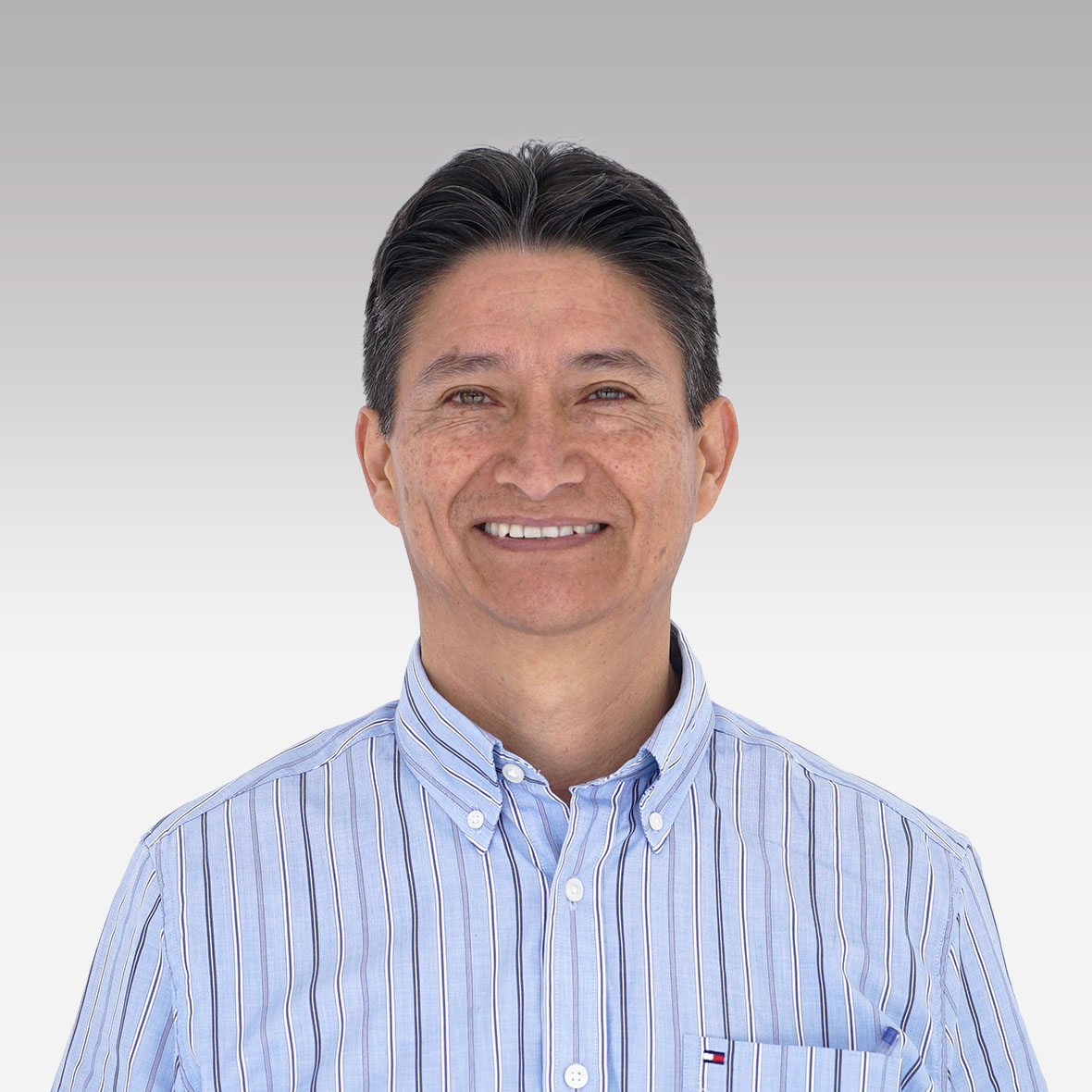
Ing. Andrade Rodas Juan Manuel, PhD.
Docente
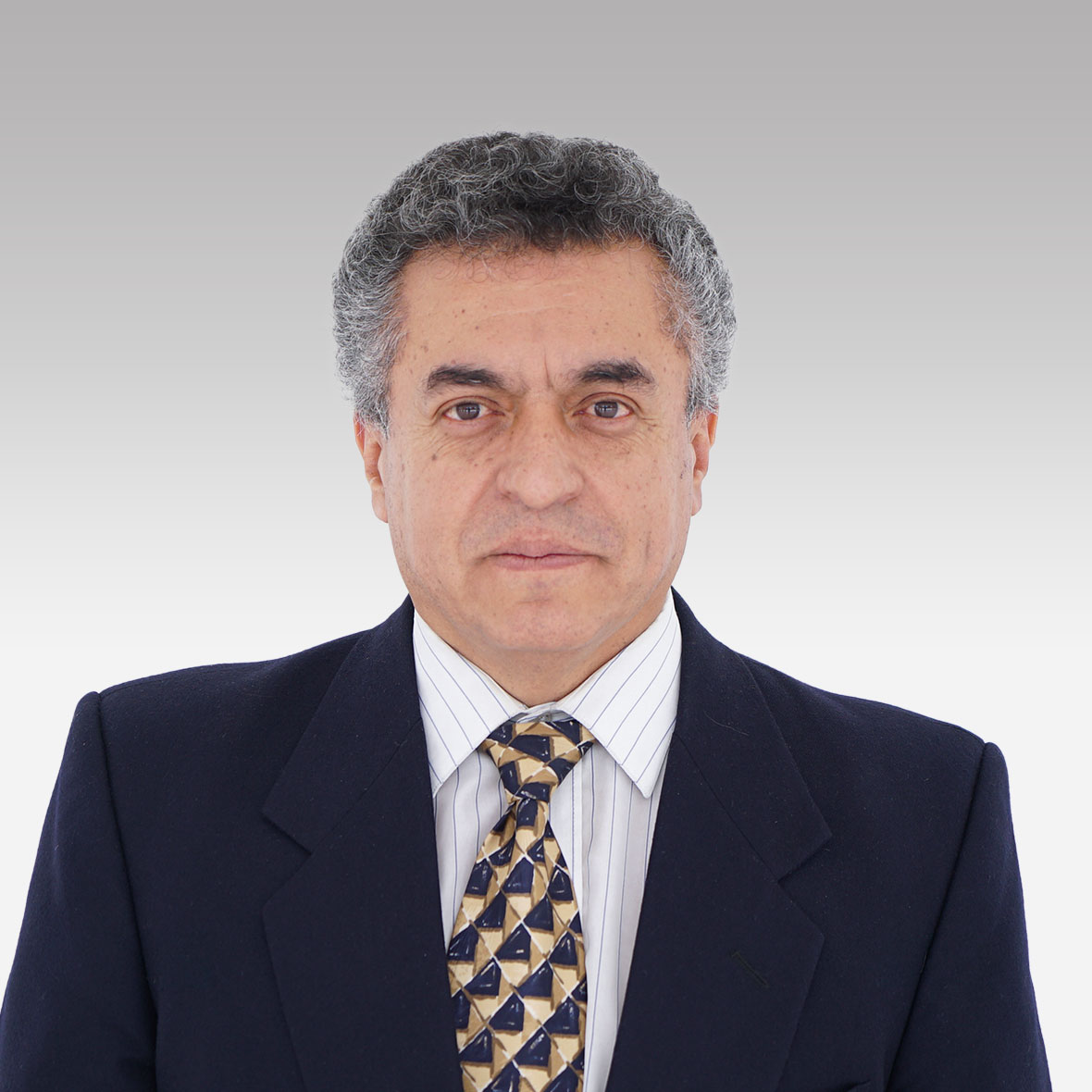
Ing. Araujo Pacheco Alcides Fabian, MSc.
Docente

Ing. Araujo Pacheco Alcides Fabian, MSc.
Docente
Facultad de Ingeniería
Carrera de Telecomunicaciones
ORCID
0000-0002-2180-752X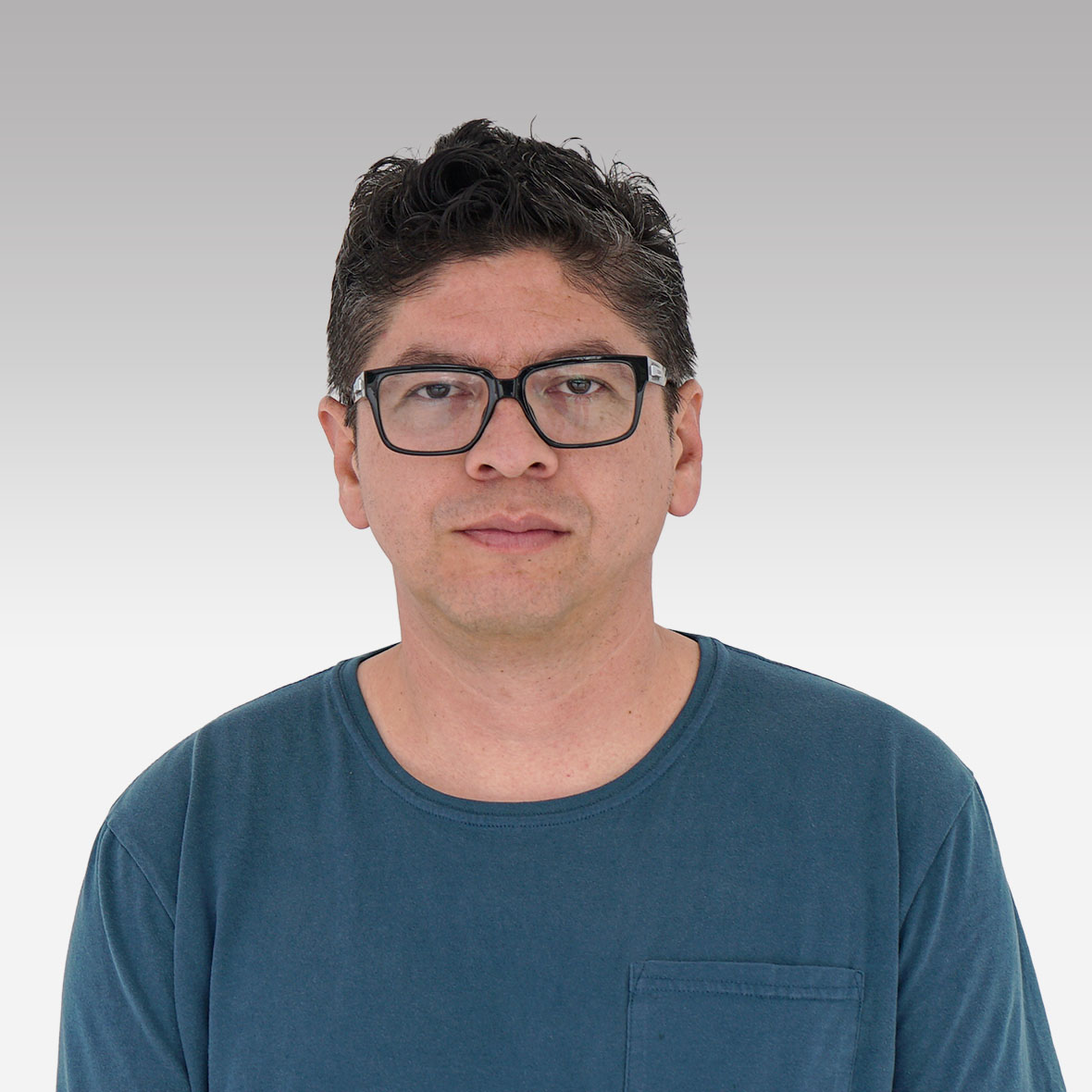
Ing. Astudillo Salinas Darwin Fabian, PhD.
Docente

Ing. Astudillo Salinas Darwin Fabian, PhD.
Docente
Facultad de Ingeniería
Carrera de Telecomunicaciones
ORCID
0000-0001-7644-0270
Ing. Barbecho Bautista Pablo Andrés, PhD.
Docente

Ing. Barbecho Bautista Pablo Andrés, PhD.
Docente
Facultad de Ingeniería
Carrera de Telecomunicaciones
ORCID
0000-0002-5281-9208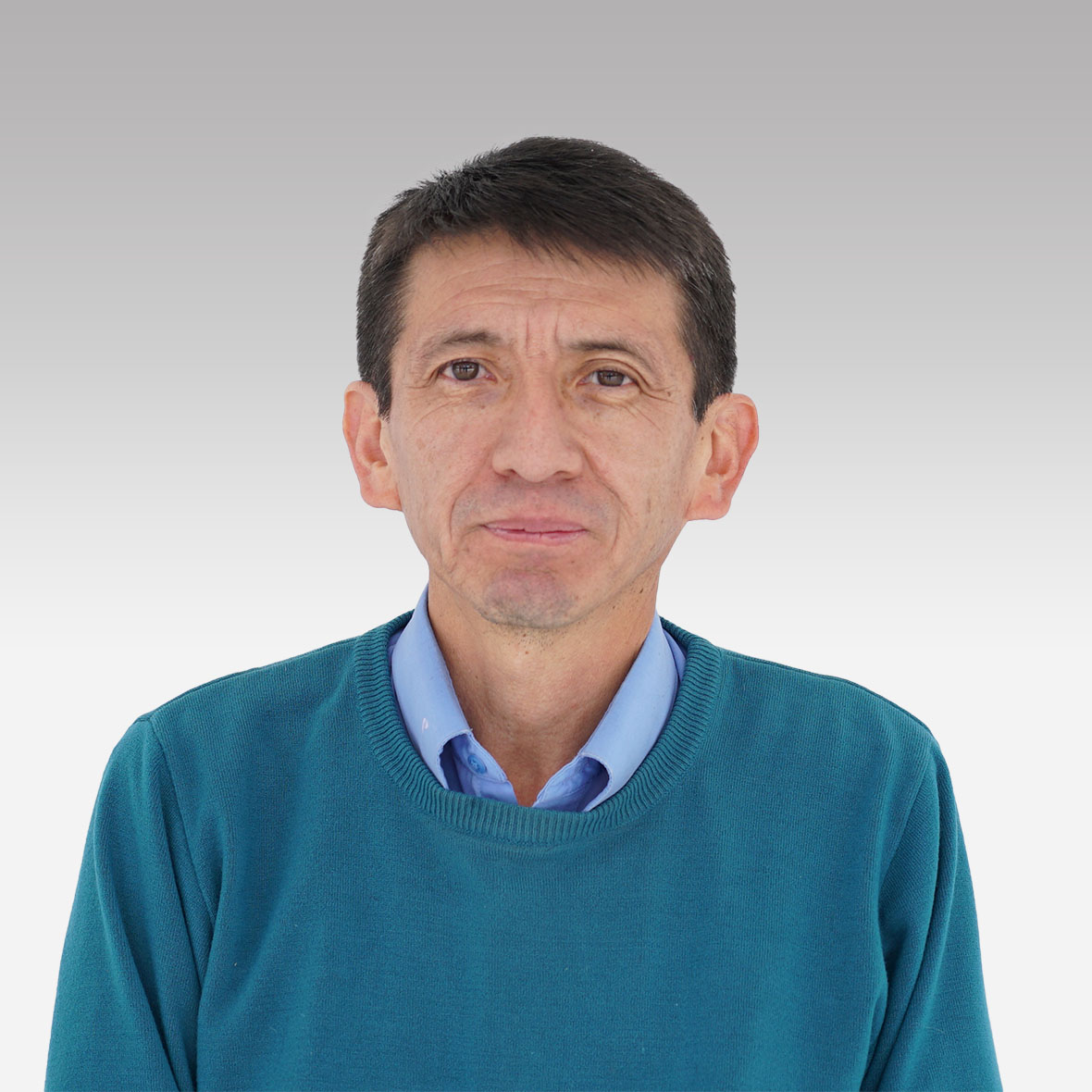
Ing. Cabrera Albornoz Fabian Gustavo, MSc.
Docente
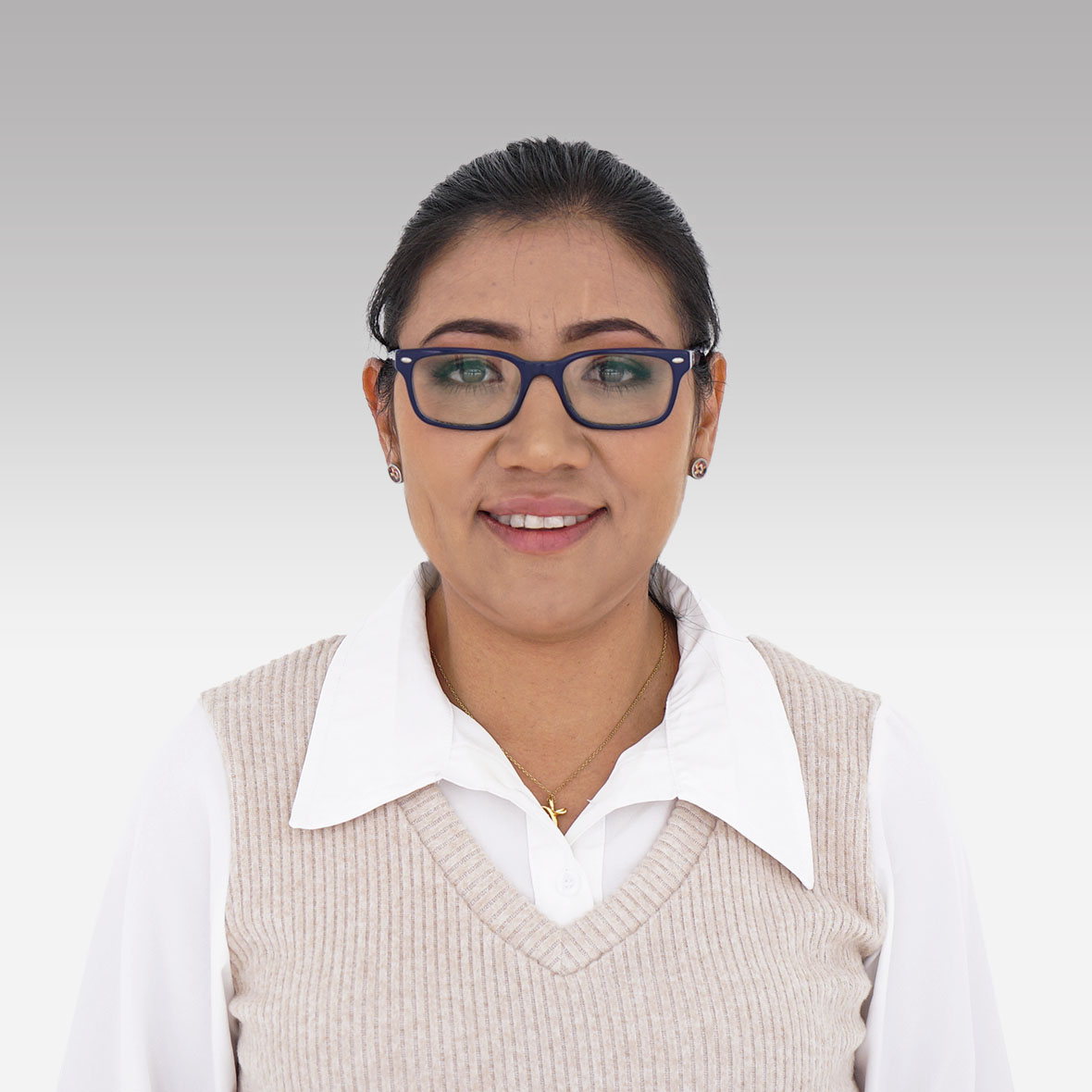
Ing. Cabrera Ávila Elizabeth Viviana, PhD.
Docente

Ing. Cabrera Ávila Elizabeth Viviana, PhD.
Docente
Facultad de Ingeniería
Carrera de Telecomunicaciones
ORCID
0000-0002-5550-392X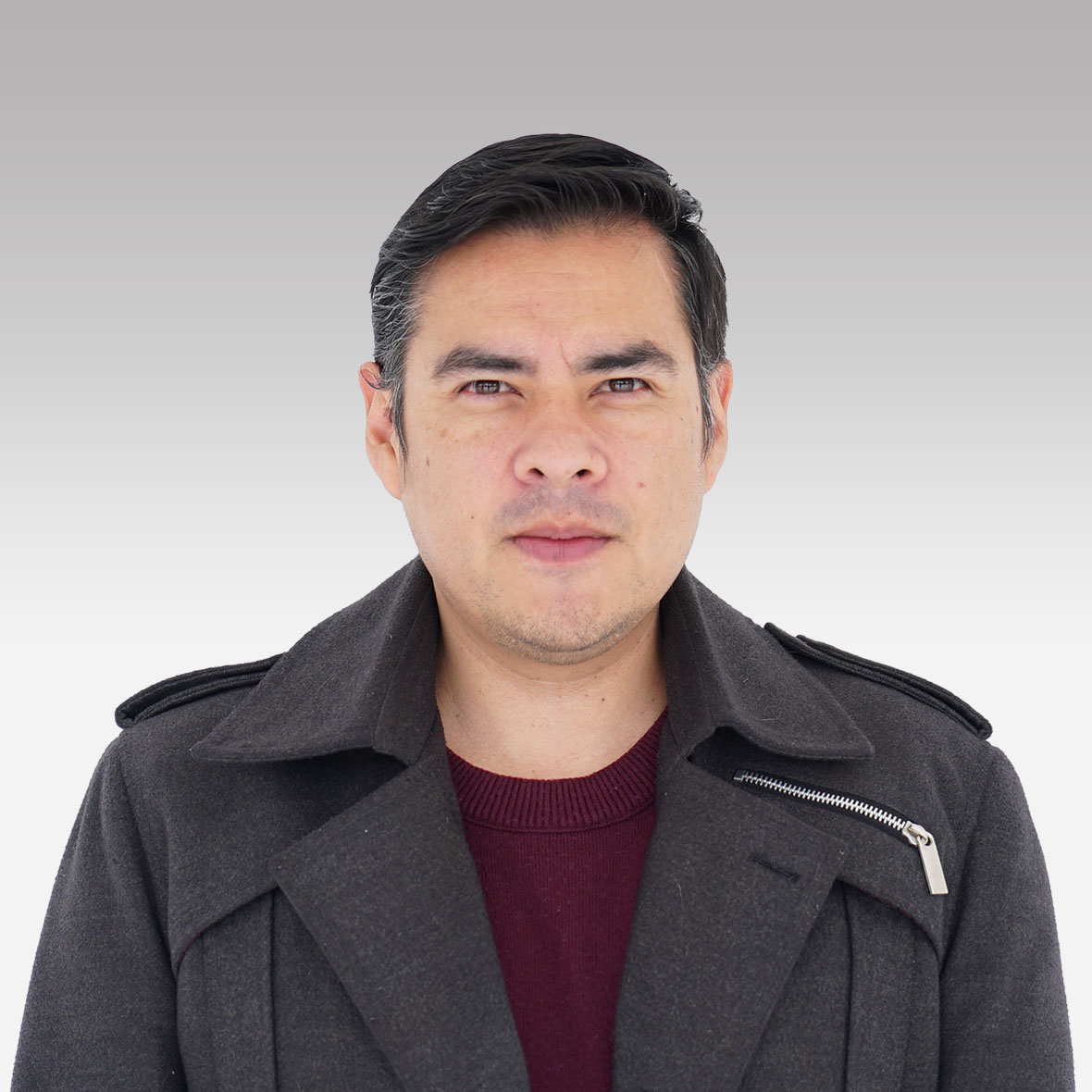
Ing. Cornejo Gaibor Iván Andrés, PhD.
Docente – Becario

Ing. Cornejo Gaibor Iván Andrés, PhD.
Docente – Becario
Facultad de Ingeniería
Carrera de Telecomunicaciones
ORCID
0000-0002-5382-7648
Ing. Criollo Ríos Adrián Rodrigo, MSc.
Docente – Becario

Ing. Criollo Ríos Adrián Rodrigo, MSc.
Docente – Becario
Facultad de Ingeniería
Carrera de Telecomunicaciones
ORCID
0000-0002-0315-9661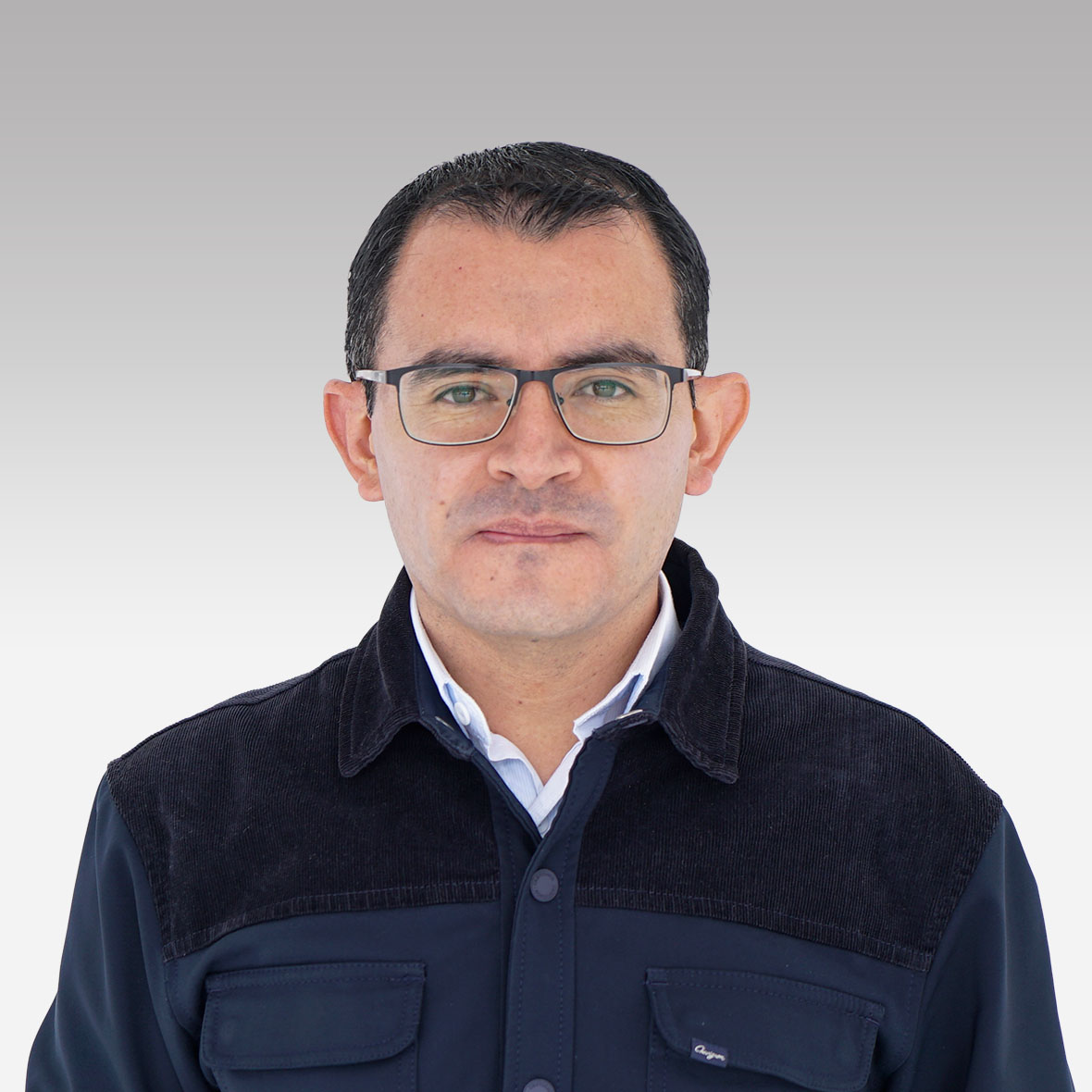
Ing. González Martínez Santiago Renán, PhD.
Docente

Ing. González Martínez Santiago Renán, PhD.
Docente
Facultad de Ingeniería
Carrera de Telecomunicaciones
ORCID
0000-0001-6604-889X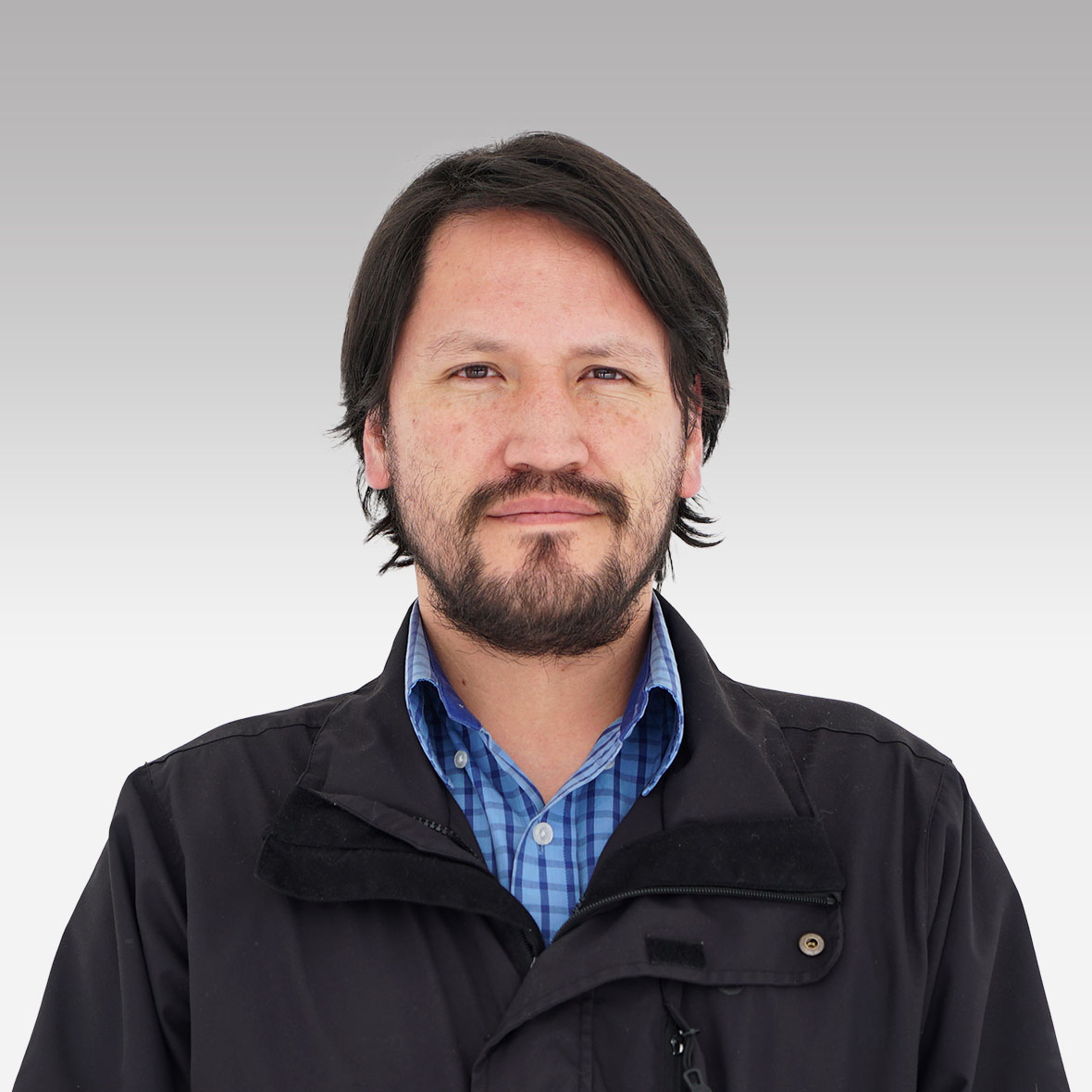
Ing. Guzmán Guillen Galo Fernando, MSc.
Técnico Laboratorio

Ing. Guzmán Guillen Galo Fernando, MSc.
Técnico Laboratorio
Facultad de Ingeniería
Carrera de Telecomunicaciones
ORCID
0009-0000-4669-347X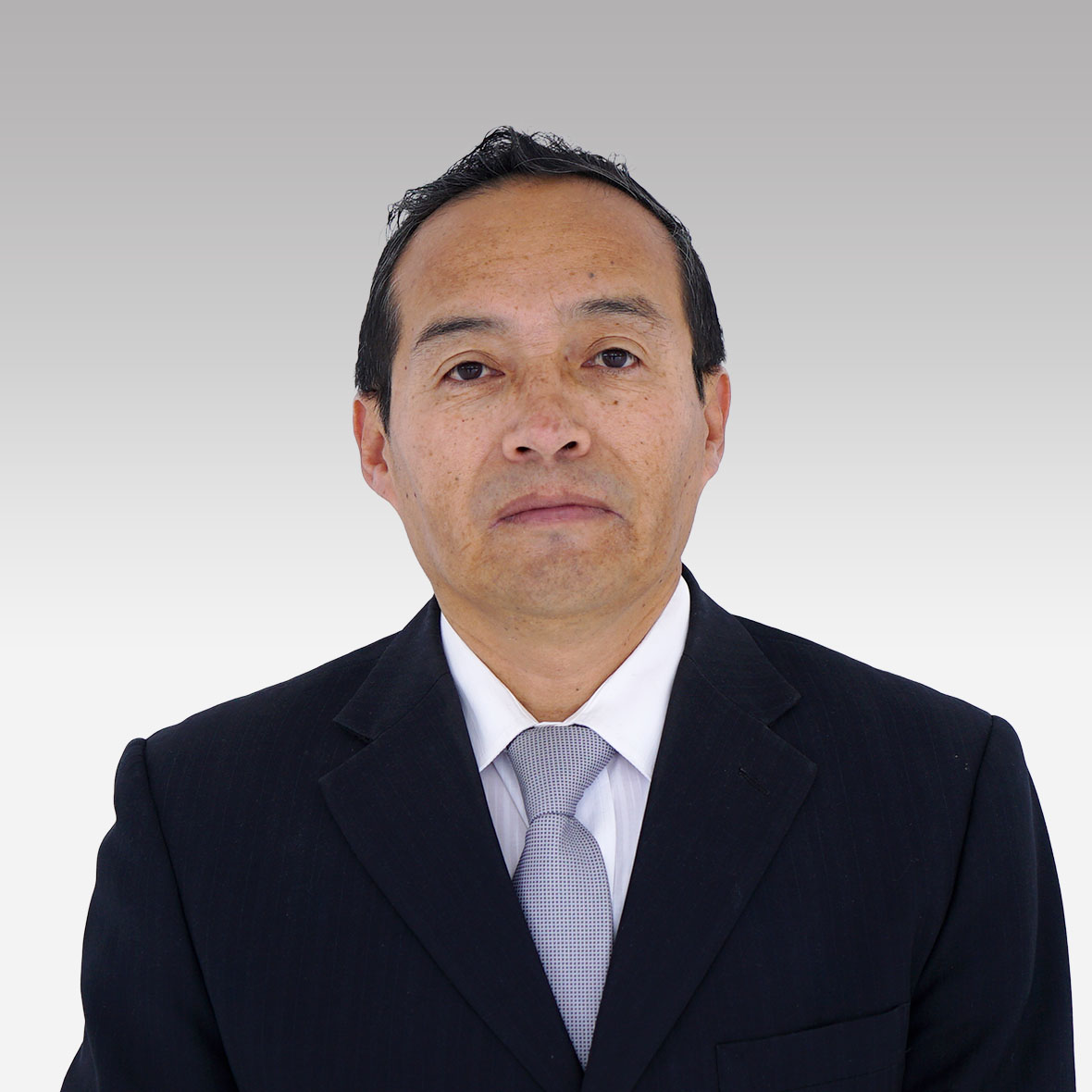
Ing. Lupercio Novillo Luis Geovany, MSc.
Docente
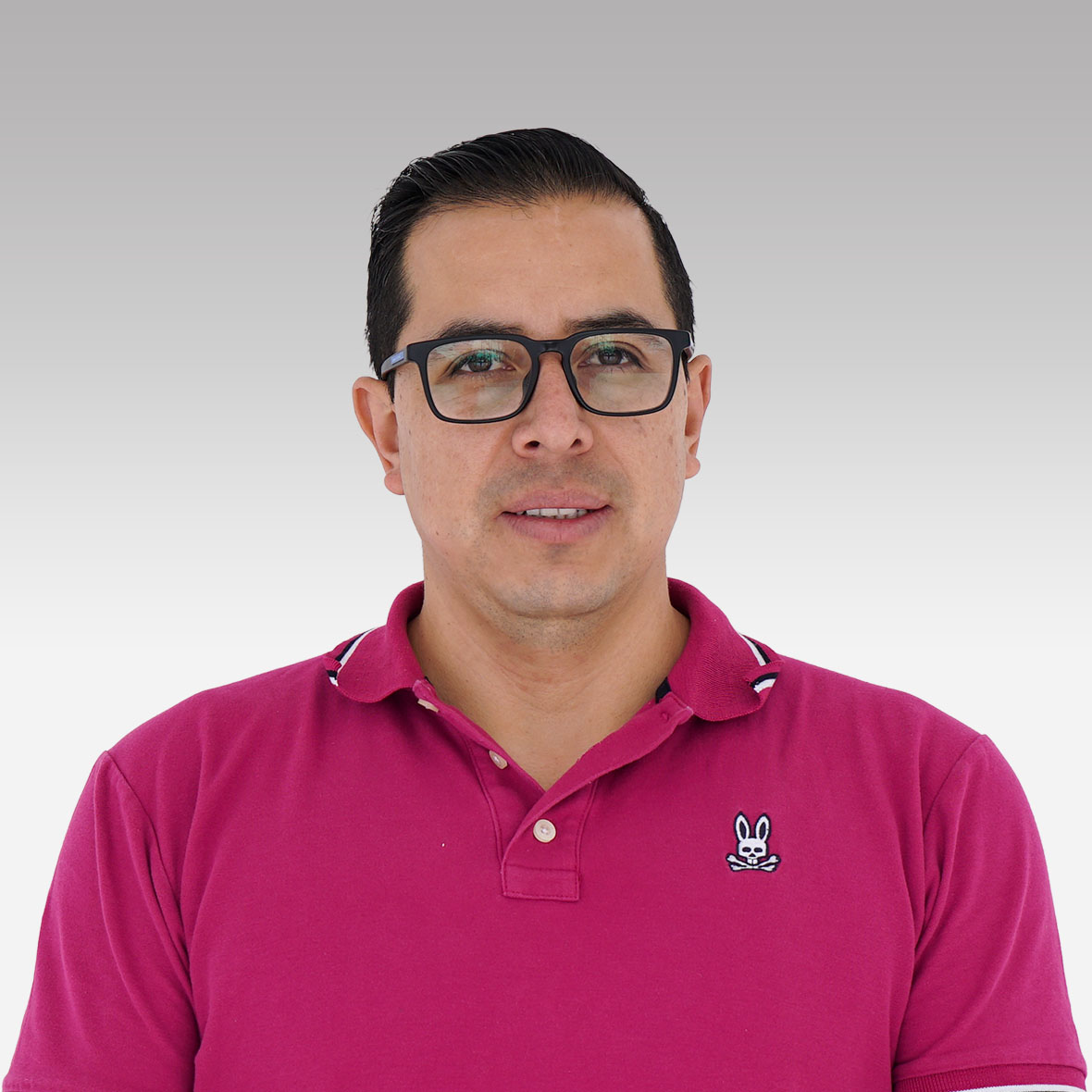
Ing. Minchala Ávila Luis Ismael, PhD.
Docente

Ing. Minchala Ávila Luis Ismael, PhD.
Docente
Facultad de Ingeniería
Carrera de Telecomunicaciones
ORCID
0000-0003-0822-0705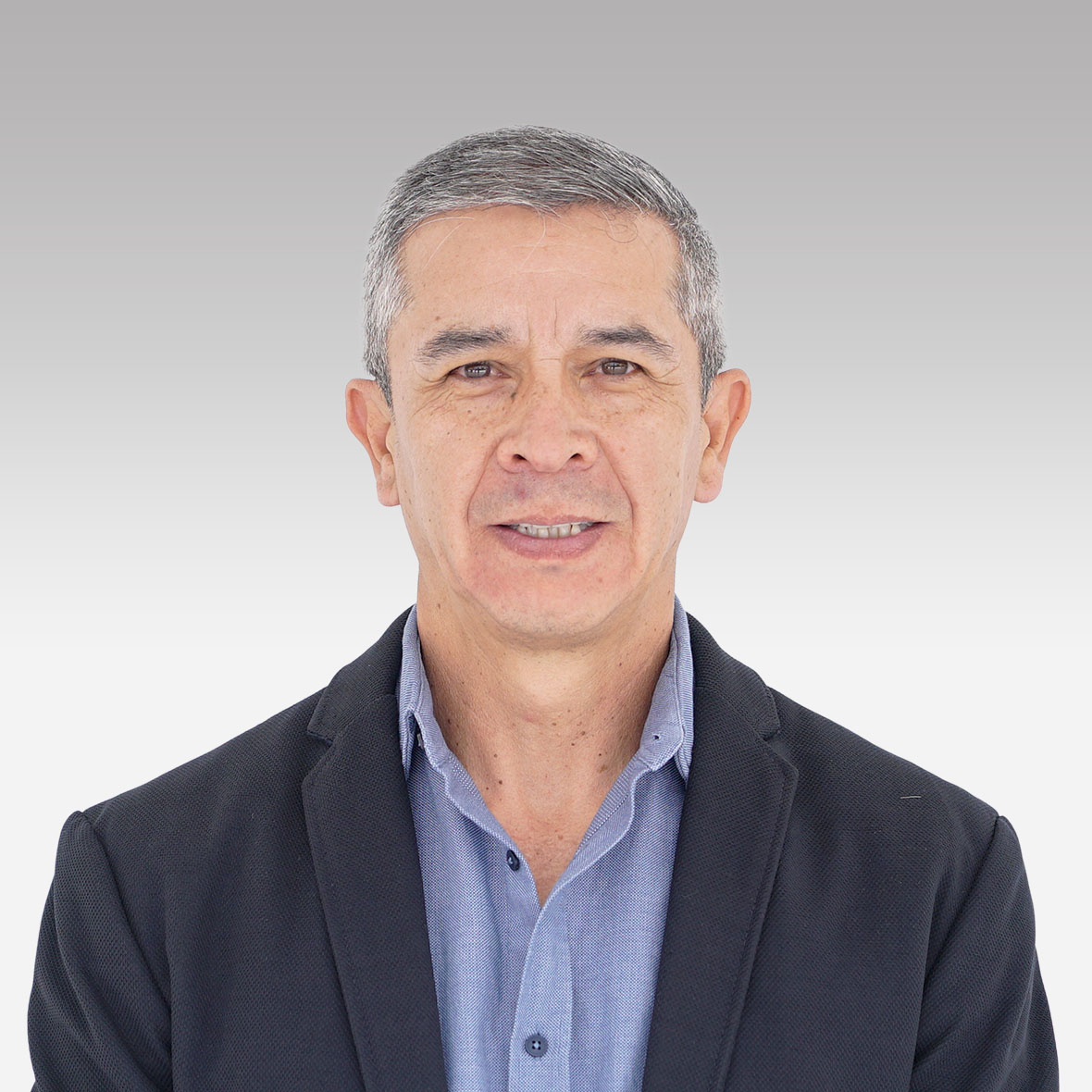
Ing. Ochoa Figueroa Edgar Efraín, MSc.
Docente

Ing. Ochoa Figueroa Edgar Efraín, MSc.
Docente
Facultad de Ingeniería
Carrera de Telecomunicaciones
ORCID
0009-0002-3208-9348
Ing. Ochoa Ochoa Jorge Leonardo, MSc.
Docente – Becario

Ing. Palacio Baus Kenneth Samuel, PhD.
Docente

Ing. Palacio Baus Kenneth Samuel, PhD.
Docente
Facultad de Ingeniería
Carrera de Telecomunicaciones
ORCID
0000-0002-7318-8062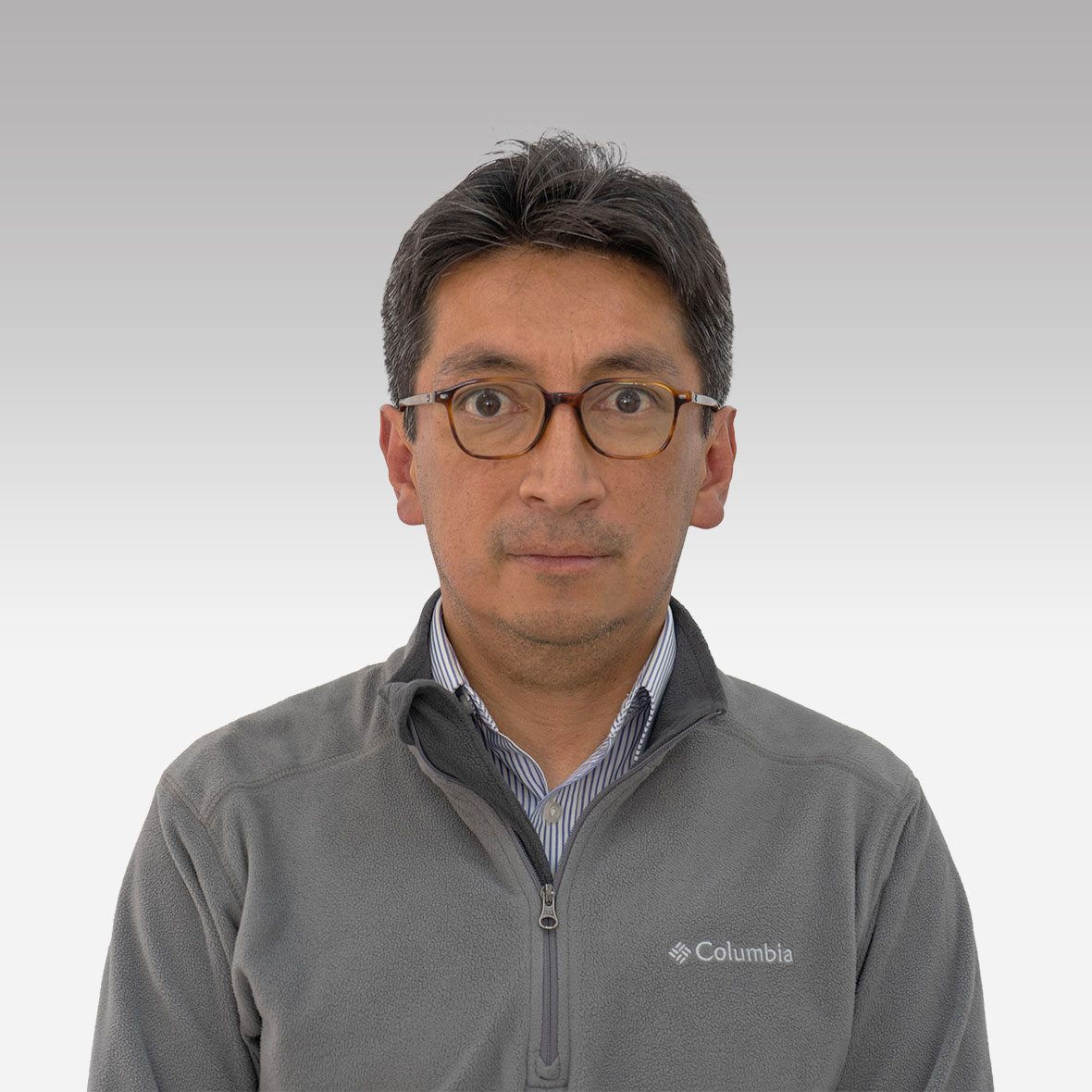
Ing. Solano Quinde Lizandro Damián, PhD.
Docente

Ing. Solano Quinde Lizandro Damián, PhD.
Docente
Facultad de Ingeniería
Carrera de Telecomunicaciones
ORCID
0000-0001-7427-4889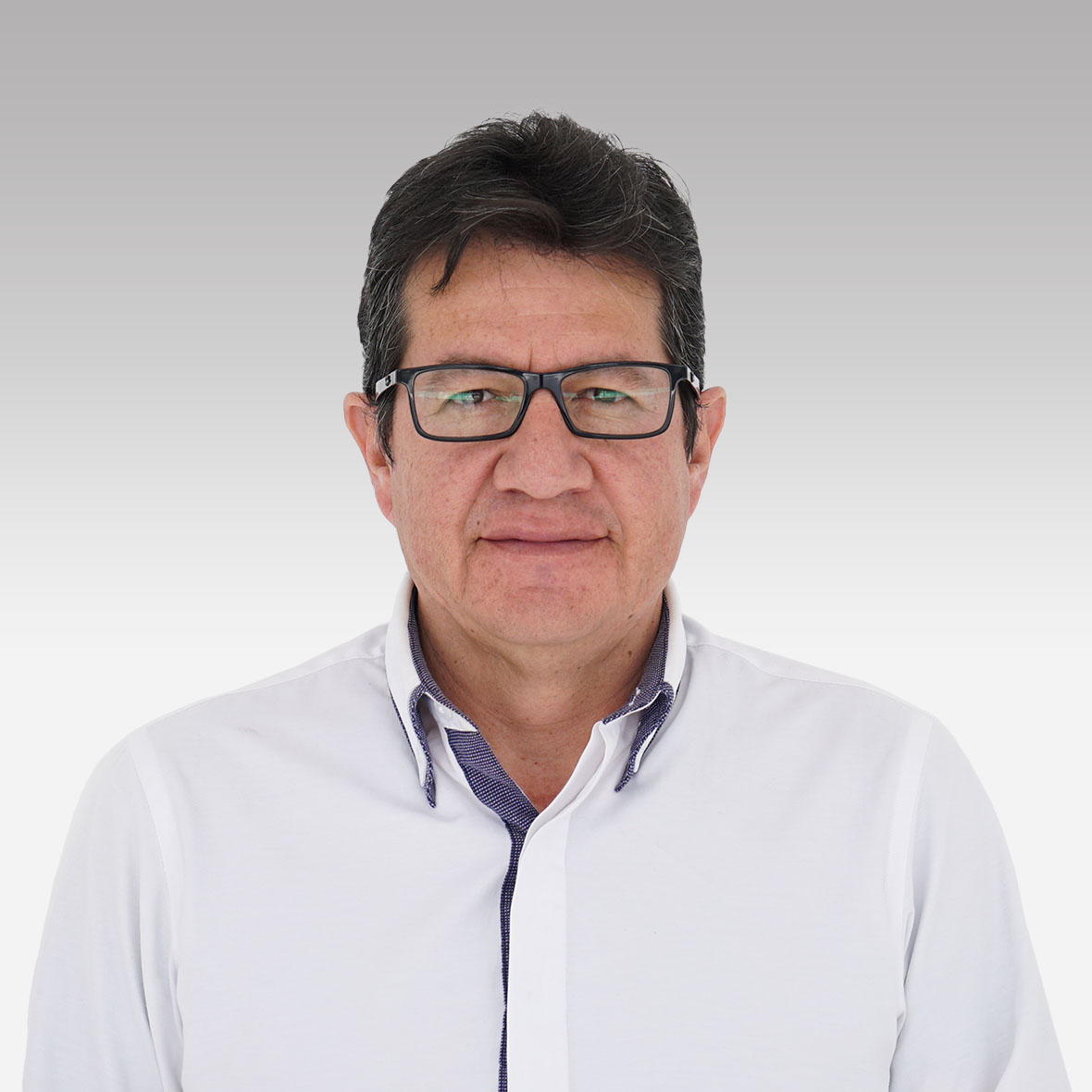
Ing. Vázquez Rodas Andrés Marcelo, PhD.
Docente

Ing. Vázquez Rodas Andrés Marcelo, PhD.
Docente
Facultad de Ingeniería
Carrera de Telecomunicaciones
ORCID
0000-0002-6114-1179